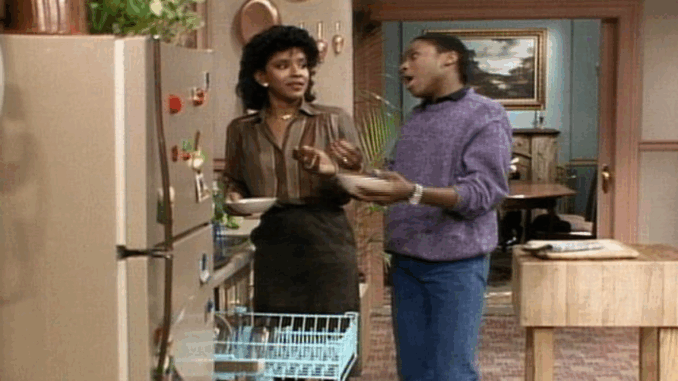
When The Cosby Show premiered in 1984, it quickly became more than just a popular sitcom — it became a cultural milestone. Throughout its eight-season run, the show challenged prevailing stereotypes and shaped a new, more diverse narrative of what American television could look like. Its legacy continues to influence entertainment and culture to this day.
At the heart of its cultural significance was its revolutionary portrayal of an African-American family. The Huxtables weren’t caricatures or side characters; they were fully developed, successful, warm, and endlessly relatable. Audiences across all racial and cultural backgrounds embraced their humor and their humanity. By presenting Cliff as a respected doctor and Clair as a powerhouse lawyer, The Cosby Show offered a dignified, aspirational image that was rarely seen on screen at the time.
This representation opened doors for future generations of actors, creators, and writers. Shows like Fresh Prince of Bel-Air, Living Single, and Black-ish all walk a path first cleared by The Cosby Show, proving that stories centered on diverse, successful Black characters could connect with millions. Beyond entertainment, the show also played a role in cultural conversations around race, class, and family, encouraging a more nuanced view of Black life.
Its impact extended off-screen too — influencing fashion, language, and even social behavior. Cliff’s famous sweaters, Rudy’s adorable catchphrases, and the entire family’s witty banter became part of mainstream culture. And while the years have passed, the enduring popularity of the show reminds us of its importance. The Cosby Show may have ended in 1992, but its cultural legacy lives on as a trailblazing example of how television can entertain, inspire, and shape society for the better.